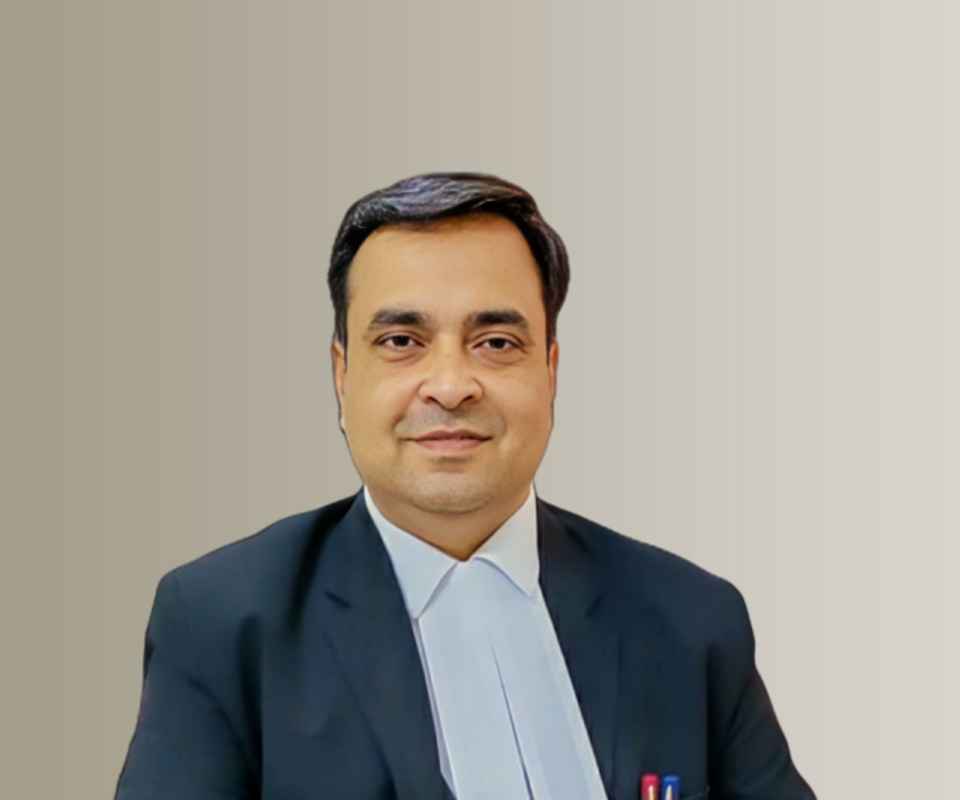Answer By law4u team
Gratuity is a lump sum amount paid to military personnel upon retirement or death during service. It is a form of compensation for long service and is intended to provide financial support after retirement or to the family of a deceased soldier. The Gratuity Payment Rule in the Indian Armed Forces is governed by specific regulations and is an important component of the overall retirement benefits for military personnel.
Gratuity Payment Rule in Defence Services
1. Eligibility for Gratuity:
Gratuity is generally payable to military personnel who have rendered a minimum of 5 years of service in the Indian Armed Forces.
Personnel who die during their service or who are invalided out due to medical reasons are also eligible for gratuity, regardless of the length of service.
The amount of gratuity is directly linked to the length of service and the basic pay at the time of retirement or discharge.
2. Gratuity Calculation:
The gratuity for military personnel is calculated based on the following formula:
Gratuity Amount = Last drawn pay × Years of Service ÷ 26
Last drawn pay includes basic pay and dearness allowance (DA), but does not include other allowances such as House Rent Allowance (HRA), Transport Allowance (TA), or any other allowances.
The 26 in the formula represents the number of days in a month (as gratuity is calculated on a daily basis).
For example, if a soldier has a last drawn basic pay of ₹50,000 and served for 20 years, the gratuity calculation will be:
Gratuity = 50,000 × 20 ÷ 26 = ₹38,461.53 (per year of service)
This amount will then be multiplied by the number of years of service to determine the total gratuity.
3. Maximum Gratuity Limit:
The maximum gratuity amount for retired personnel is capped at a certain limit, which is periodically revised by the Government of India.
As of recent updates, the maximum gratuity limit is ₹20 lakhs, subject to changes in government regulations.
4. Gratuity Payment in Case of Death in Service:
If a soldier dies during service, the gratuity is paid to the family members or legal heirs.
In case of death in harness (during service), the gratuity is calculated based on the last pay drawn at the time of death, with no minimum service period required.
The family pension may also be provided along with gratuity, which is a separate pension payable to the dependents of the deceased.
5. Gratuity in Case of Invalided Out Personnel:
If a soldier is invalided out due to a disability or medical reasons, the gratuity is payable regardless of the length of service.
In case of disability pension or medical discharge, the gratuity will be calculated as per the disability and medical conditions of the individual.
6. Gratuity for Short Service Personnel:
Personnel who are appointed for short service (e.g., 10 years of service), after serving the minimum service requirement, are also entitled to receive gratuity.
The calculation will depend on their last pay drawn and length of service.
7. Taxation of Gratuity:
The gratuity paid to military personnel upon retirement or discharge is tax-free under the Income Tax Act (Section 10 (10) of the Act).
This is one of the major exemptions offered to armed forces personnel, recognizing their service and sacrifice for the nation.
In the event of death in service, the gratuity paid to the family or heirs is also tax-free.
8. Payment Procedure:
The gratuity is paid out as a lump sum amount along with other retirement benefits (such as pension, leave encashment, and provident fund), typically within a few months after the retirement or death of the individual.
The payment is processed through the Defence Accounts Department and deposited into the bank account of the retired personnel or their family members in case of death.
Example:
Example 1:
A Colonel in the Indian Army with a last drawn basic pay of ₹1,00,000 and 20 years of service will have their gratuity calculated as:
Gratuity = 1,00,000 × 20 ÷ 26 = ₹76,923 per year of service
The total gratuity payable to the Colonel after 20 years of service would be:
₹76,923 × 20 = ₹15,38,460
Example 2:
If a soldier passes away after serving 12 years with a last drawn basic pay of ₹45,000, the gratuity payable to their family members would be calculated as:
Gratuity = 45,000 × 12 ÷ 26 = ₹20,769.23 per year of service
The total gratuity payable to the family members would be:
₹20,769.23 × 12 = ₹2,49,230.76
Conclusion:
The gratuity payment rules for military personnel are designed to provide financial support upon retirement, medical discharge, or death in service. The amount is calculated based on the last drawn pay and the number of years of service. It is an important retirement benefit that ensures a lump sum payment to the service member or their family. Military personnel enjoy tax exemptions on gratuity payments, making it a significant part of their post-service financial security.







